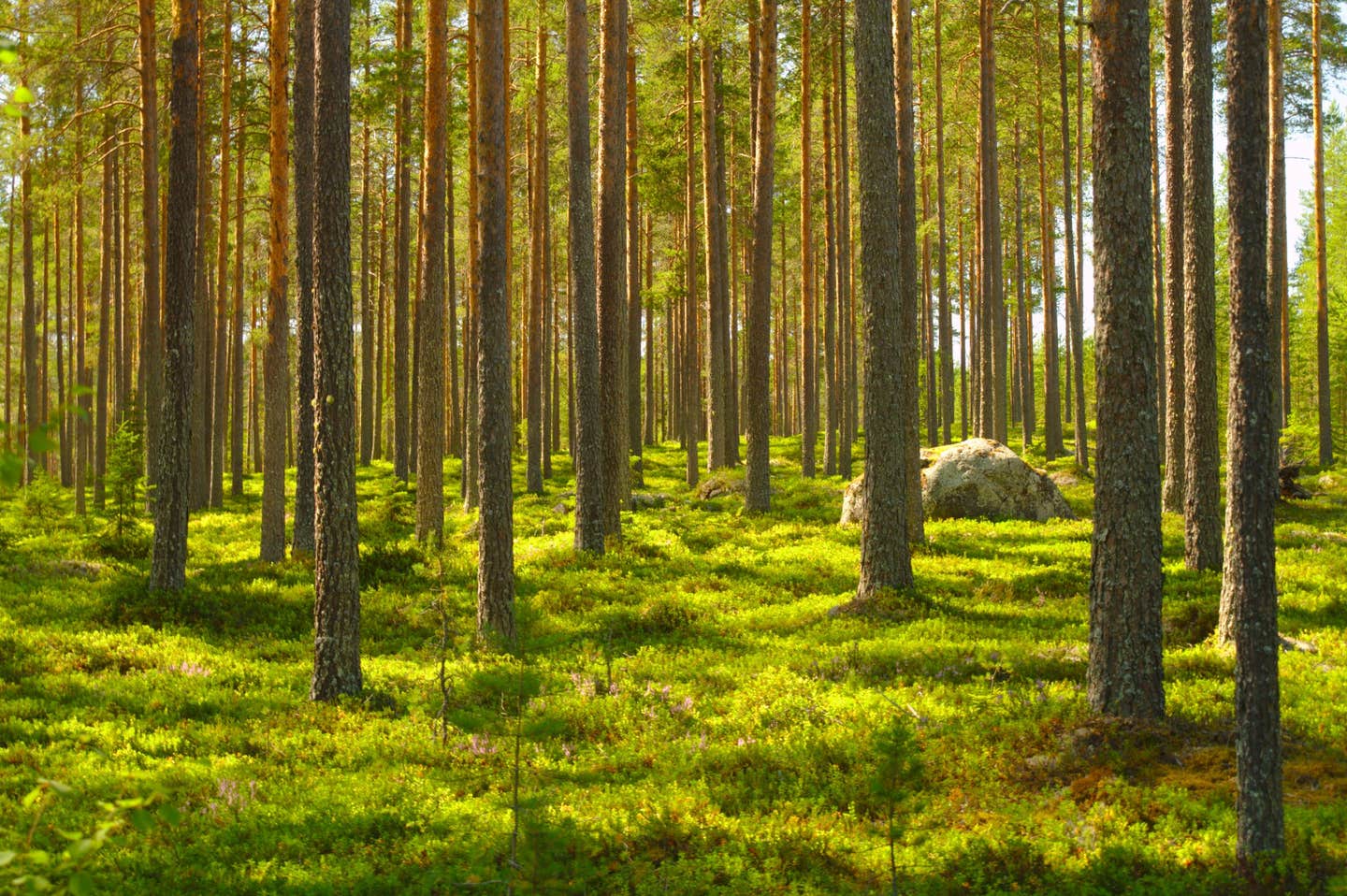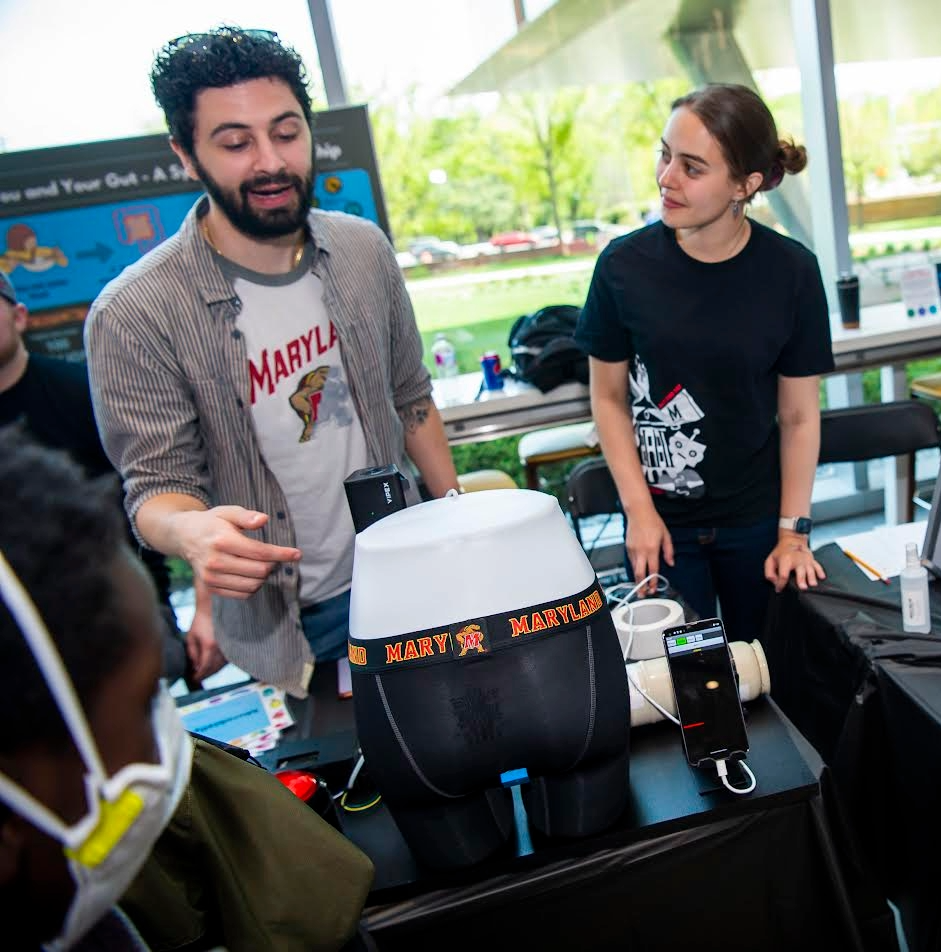3 start-ups that are bringing innovative tech to forest restoration
Conserving, restoring and growing 1 trillion trees by 2030 could help restore biodiversity and fight climate change.

[Apr. 7, 2021: Victoria Masterson]
The world loses about 15 billion trees a year.
The UpLink Trillion Trees Challenge called for solutions to the loss of forests, which are critical to the health of the planet.
Artificial intelligence, satellites, drones and data are being deployed in global reforestation efforts.
Conserving, restoring and growing 1 trillion trees by 2030 could help restore biodiversity and fight climate change. This is the vision of the 1t.org, the World Economic Forum’s global reforestation initiative, launched at Davos 2020.
Together with UpLink, it launched the Trillion Trees Challenge, a call for solutions and innovations to end the loss of forests, which are critical to the health of the planet. Despite significant efforts, the world continues to lose about 15 billion trees a year – or an estimated 10 million hectares, according to the UN Food and Agriculture Organization.
With the World Economic Forum’s Global Technology Governance Summit under way, we showcase three start-ups shortlisted for the UpLink Trillion Trees project. Here’s how they’re contributing to reforestation efforts.
GainForest
A non-profit sustainability association based in Zurich, Switzerland, GainForest uses artificial intelligence to try to reverse deforestation.
Its algorithms analyze data from satellites, drones and field monitoring to measure sustainable land use. A smart contracts system then automatically unlocks donations to forest communities when restoration milestones are reached.
“Private stakeholders can pledge money to indigenous communities and forest restoration projects through GainForest’s smart contracts,” the company says.
Instead of felling trees to make room for crops and cattle, the solution encourages local farmers to preserve and restore ecosystems.
Founder David Dao came up with the idea during the COP23 UN climate summit.
Like these kind of stories? Get The Brighter Side of News' newsletter.
Cultivo
This California-based fintech start-up wants to unlock $1 billion of investment over the next five years in at least 3.5 million hectares of restoration projects, including forests, grasslands, wetlands and regenerative agriculture.
“Nature-based solutions can provide at least 30% of the CO2 mitigation goals by 2030, yet receive only around 3% of the funding allocated to carbon capture,” says Cultivo co-founder and chief executive Manuel Piñuela.
The company’s Trillion Trees solution is a financing mechanism that allows institutions to invest in sustainable nature-based projects such as regenerative grazing or planting trees.
These are identified by Cultivo’s proprietary algorithms and remote sensor technologies, and pooled into investment products known as ‘nature generators’. These provide a return to investors in the form of carbon credits and other offsets.
Farm-Trace
This software platform helps farmers measure, manage and report on their sustainability impact.
This includes reporting and tracking on zero deforestation, forest cover, carbon stored over time, and activities such as tree planting.
“Sixty-six percent of consumers are willing to pay more for sustainable products, but most organizations don’t know the farmers they source from, let alone their impact,” Farm-Trace founder and Chief Executive Kahlil Baker told Provenance News.
Farm-Trace combines mobile, satellite and machine learning data and is already being used by farmers in the forest, coffee, cacao, cattle and spices sectors in seven countries.
UpLink is a digital platform launched by the World Economic Forum and its partners to crowdsource innovative solutions to the world’s biggest problems. The vision is to accelerate the delivery of the United Nations’ 17 Sustainable Development Goals, which include ending poverty, inequality, hunger and combatting climate change.
Tags: #Green_News, #Forests, #New_Innovations, #The_Brighter_Side_of_News



